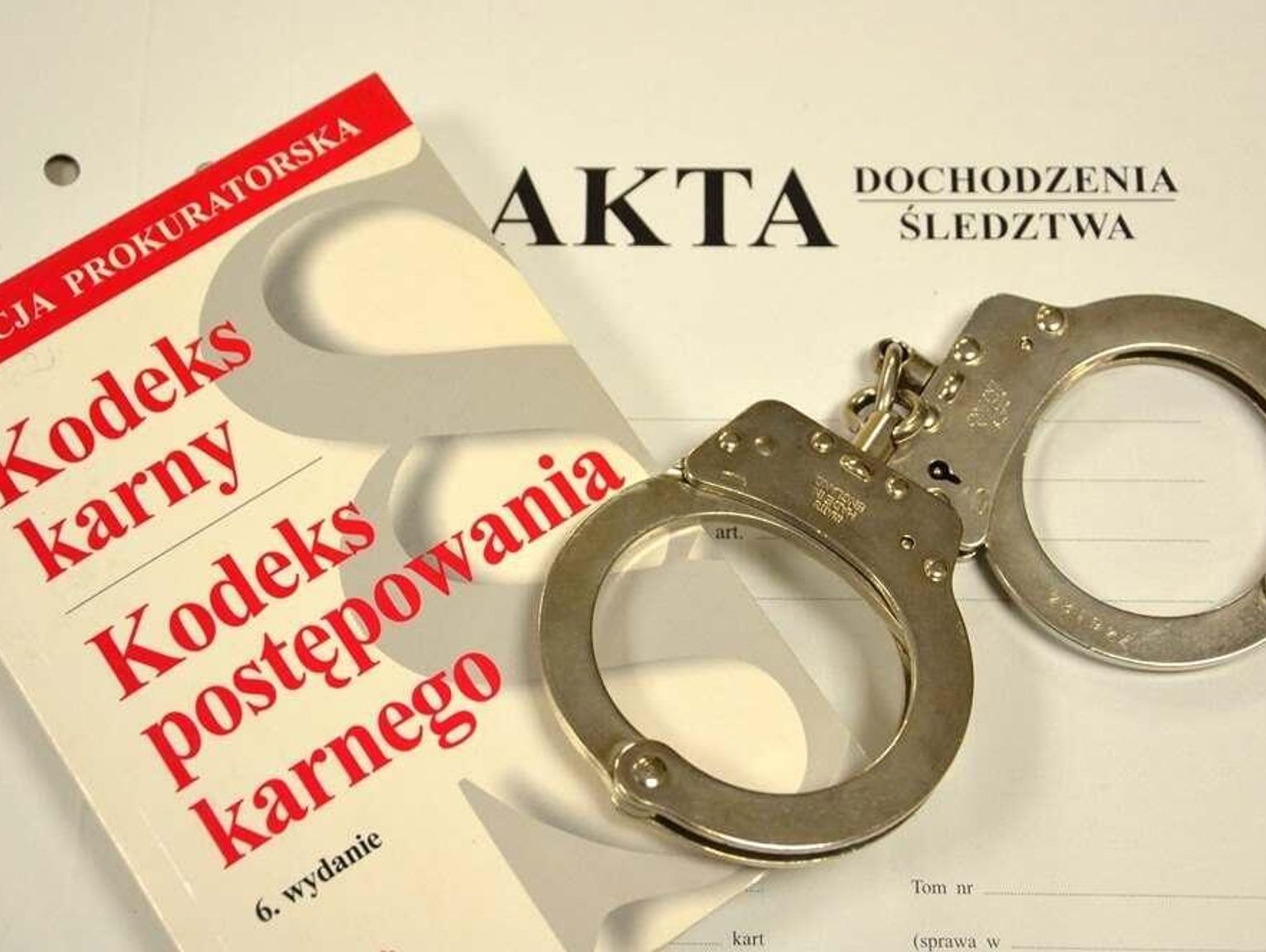
May data of the Central Statistical Office confirm: the Polish labour marketplace entered a fresh phase. The average gross remuneration in the enterprise sector amounted to PLN 8670 in May 2025, an increase of 8.4% y-o-y. At the same time, however, increases are decreasing and employment is steadily decreasing. Experts are talking about the end of a two-digit era of wage increases.
PLN 8670 gross – average wage in May
According to data published by Central Statistical Office of Poland, average remuneration in the enterprise sector in May 2025 was PLN 8670 gross. This is an increase of 8.4% compared to May 2024, nevertheless less than expected 8.8%which suggests a clear slowdown in wage dynamics.
By comparison, in March 2025 the average wage reached until PLN 9056 – evidence level. In just 2 months the average wage fell by 386 zł, which is 4.1%. This. the largest monthly decrease A fewer years.
Why have wages fallen?
GUS explains this decline seasonal deficiency of additional remunerationsuch as:
- quarterly and yearly premiums,
- Jubilee awards,
- pension checks,
- recognition and incentive awards.
All of these elements are included in the authoritative data with an average gross salary, which affects the monthly to monthly volatility.
Employment falls but unemployment does not rise
In May 2025, companies sector worked 6.43 million people. It's about 13.5 1000 little jobs than in April and 54.4 1000 less than a year earlier. yearly decrease 0.8%.
Although this data may be of concern, do not indicate a crisis. Experts indicate demographic factors as the main origin of employment decline – above all increasing number of pensions with very low natural growth.
Unemployment rates stay at a evidence low. Preliminary estimates indicate a fall in unemployment rate from 5.3% in April to 5.1% in May, which ranks Poland among the countries with the lowest unemployment in the European Union.
Real wages proceed to grow
Though the rate of nominal increases is weakening, real salaries of Poles proceed to grow. At inflation in May, 4%, real wage increases were around 4.5% year to year. That's it. 22nd period in a rowwhen real wages show affirmative dynamics.
For comparison, record real wage growth reported in March 2024 – until 10%Which was the highest score in 25 years. Today's consequence may seem little spectacular, but in the context of economical stabilisation, healthy and sustainable growth.
Trend: little dynamic but stable
Data from the first 4 months of 2025 show that average employment in the enterprise sector was 6,46 million jobs, i.e. 0.9% less than a year earlier. This is simply a continuation of a trend that most likely will deepen in subsequent quarters, especially in the context of demographic change.
What does this mean for the economy?
Slowing the rate of wage growth may be beneficial for the National Bank of PolandWho's been fighting inflation for months. little wage force means little hazard of labour costs being passed on to product and service prices.
For employers This in turn is simply a chance to better budget planning and staff strategies. In fresh years, dynamic increases have forced sharp changes in wage policy, and now a period is possible greater predictability of labour costs.
From a point of view staff This does not mean stagnation. With average inflation continuing, purchasing power of wages continues to grow. In another words: although salaries grow slower, Poles can buy more for them.
Demography a increasing Challenge
The biggest structural origin affecting the labour marketplace in Poland becomes Population ageing. More and more people are leaving the labour marketplace and The younger generations are not adequate to replace them.
This may mean that in a fewer years' time, the marketplace will return to wage force erstwhile the competition for an worker is tightened again. However, the May data confirm that the marketplace is in the process stability – without dramatic growth, but without crisis.
More here:
How much do Poles earn? GUS Enter the latest data













